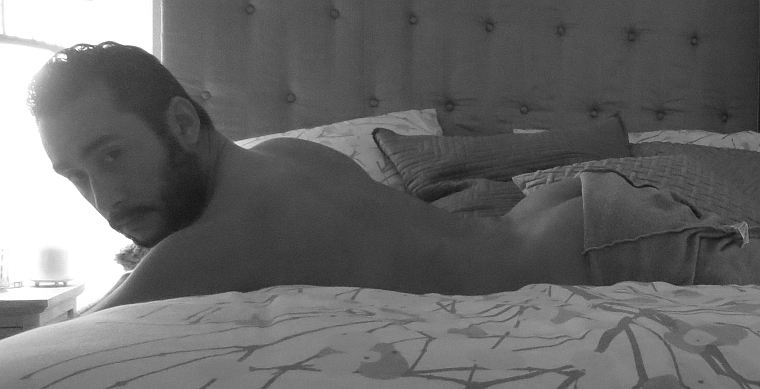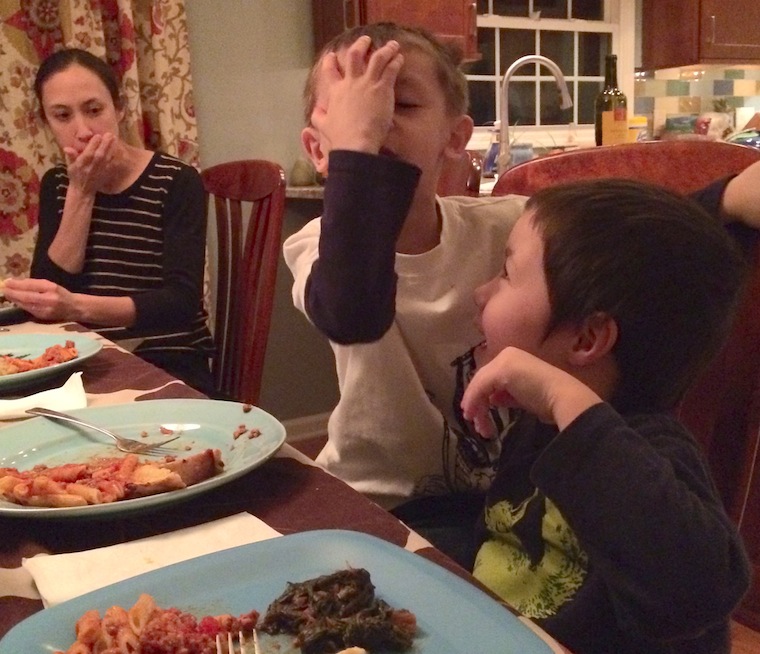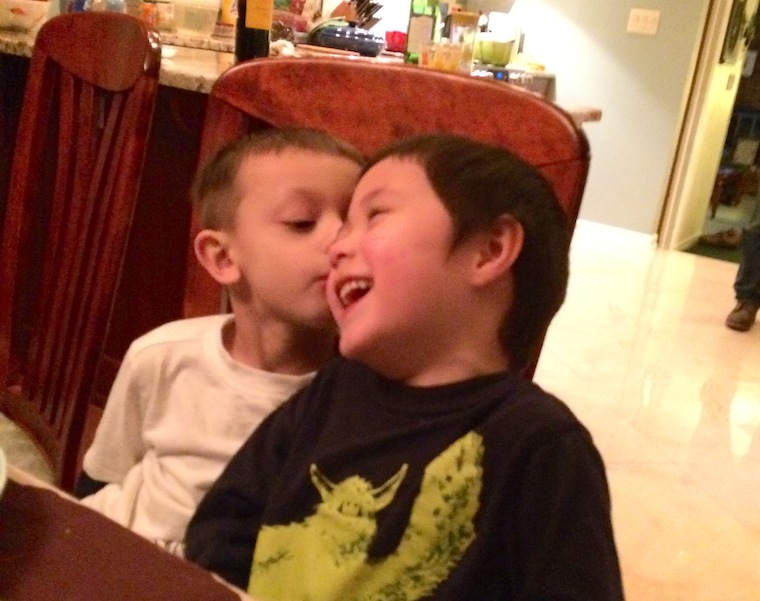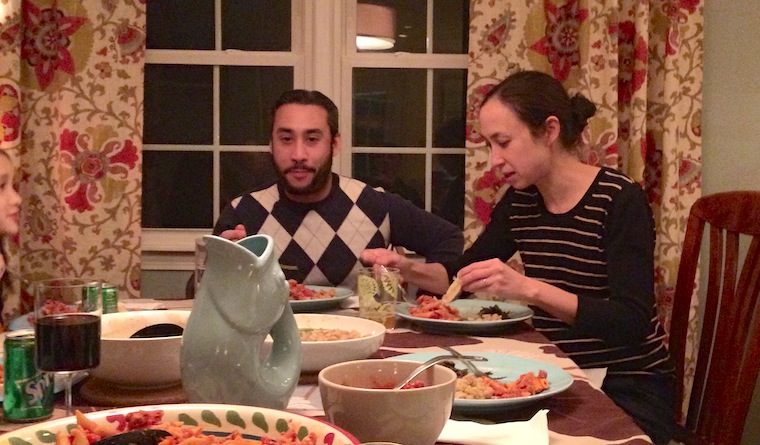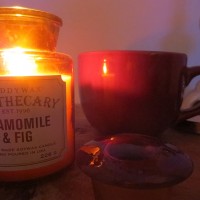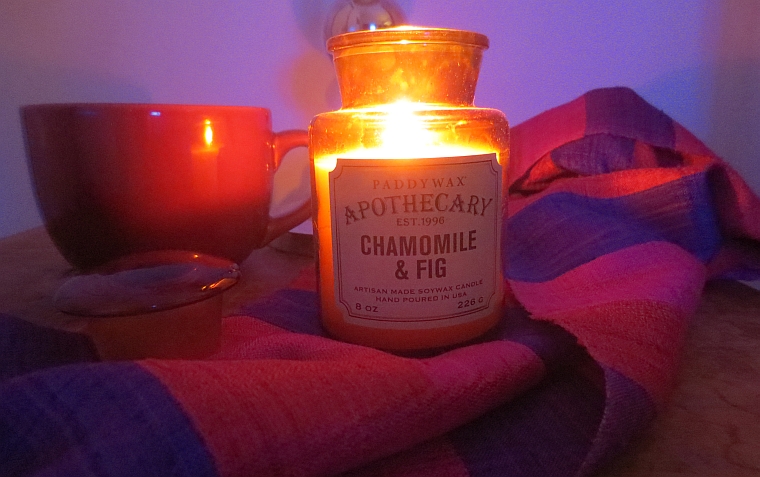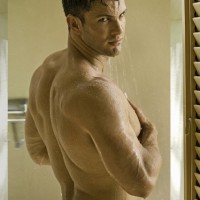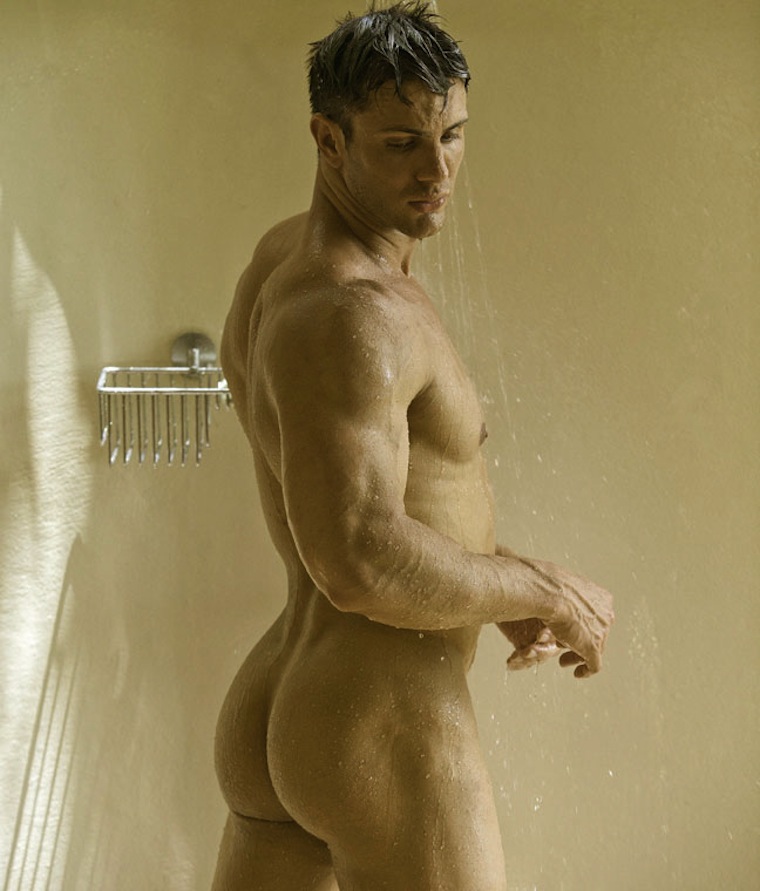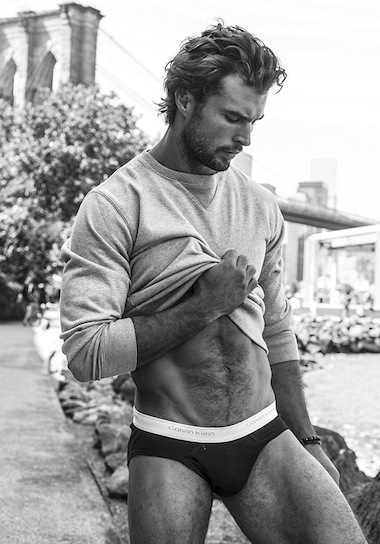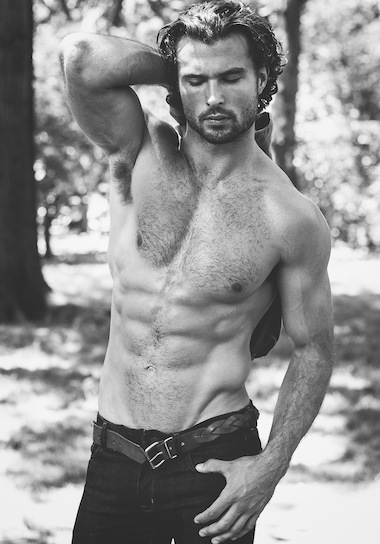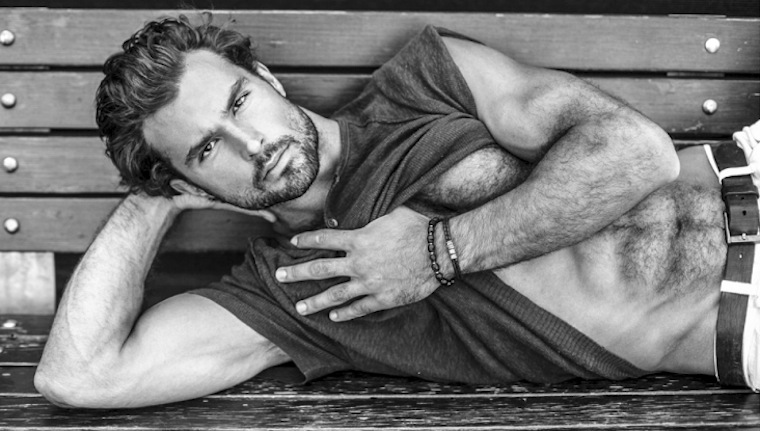It is, even by Boston standards, a crazy cold night. Not so much because of the temperatures but because of the wind. ‘Fuck’ seems to be uttered by every third person I pass in regards to the evening at hand. I’m in Boston for the weekend, trying to find some comfort in solitude, some way to make the winter bearable.
My soul had started off somewhat chilly too. I had a solo dinner of Pad Thai, with an introductory bowl of Tom Yum soup in an effort to warm the tongue and the body. I was not in the mood to be around people, and ate my dinner alone in the front window table of House of Siam. I had just done something I hardly ever do: canceled an appearance at a friend’s party. I wanted solitude. I wanted quiet. I wanted a moment to myself. Yet as I rounded the corner to Braddock Park, a woman smiled from ear to ear and said that she loved the color of my coat. I smiled back and thanked her. Later, a woman checking me out at the register remarked on my ring, saying how beautiful it was. Even the normally taciturn sales-clerk at Barneys was all smiles, probably because I just purchased one of their Byredo Parfums, but no matter. The city was welcoming me, the city that so many have called cold and charmless, and it thawed my bruised heart like only Boston ever could.
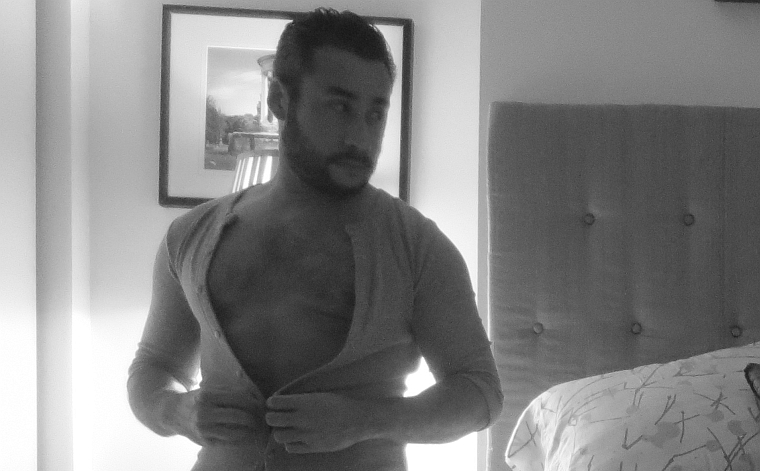
Whenever I run the risk of over-inflating my ego, there are one million different people with one million different pins ready to pop that shit up. Not tonight. Tonight they cradled my tired soul. Tonight they held my raw hand. Tonight they reminded me that just when you are ready to give up on people they still hold the power and capacity to surprise, to please, to comfort.
On this evening, I returned early to the condo. It was just too bitterly cold to explore the city. Besides, I had come there just for this – a quiet night of reading, of hot tea, of looking out onto the gray but beautiful expanse of Braddock Park, up at the towering and twinkling Hancock Tower – all from within the warmth of this sturdy brick building. When safety is no longer to be found in our childhood homes, we have to find it elsewhere.
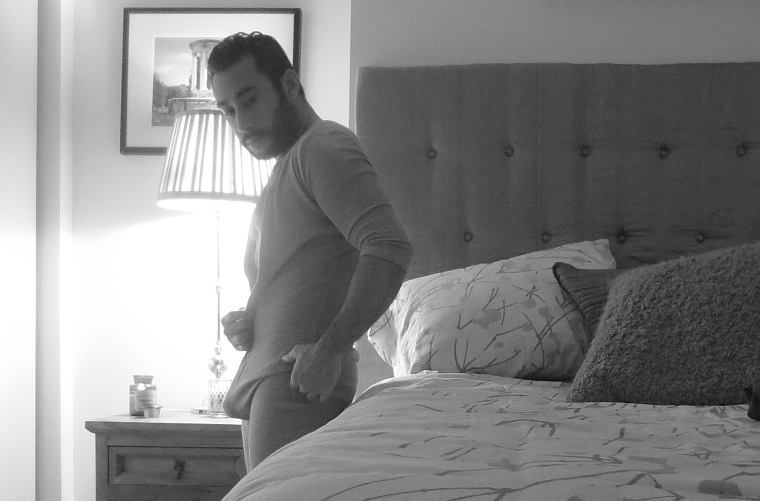
I pick up a book of Edna St. Vincent Millay poetry, and read the following:
Some Things Are Dark
Some things are dark – or think they are.
But in comparison to me,
All things are light enough to see
In any place, at any hour.
For I am Nightmare: where I fly,
Terror and rain stand in the sky
So thick, you could not tell them from
That Blackness out of which you come.
So much for ‘where I fly’ but when
I strike, and clutch in claw the brain –
Erebus, to such brain, will seem
The thin blue dusk of pleasant dream.
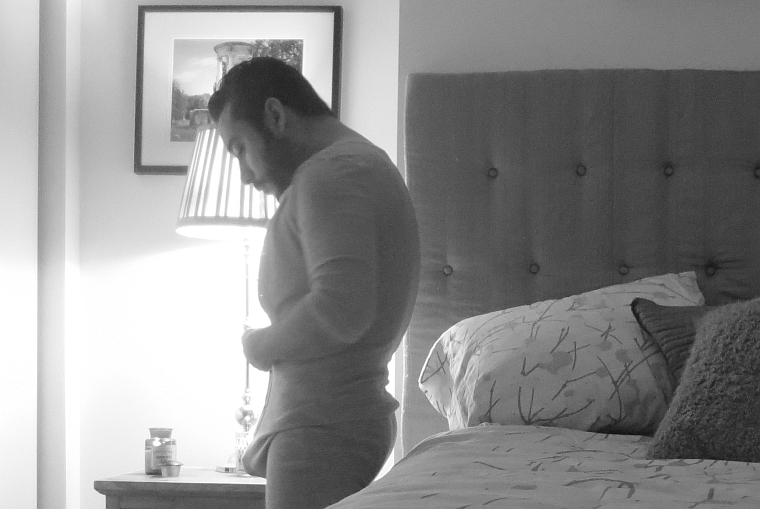
A recording of Tibetan prayer bowls rings its low calming tones as I turn off the lights in the front room. Braddock Park glows through the windows. I shuffle into the bedroom, where a candle burns on the bedside table. A ridiculous gray union suit keeps me relatively warm and cozy, and I slide under the covers of the bed to read a little.
So much of my life is spent alone.
And so much isn’t.
